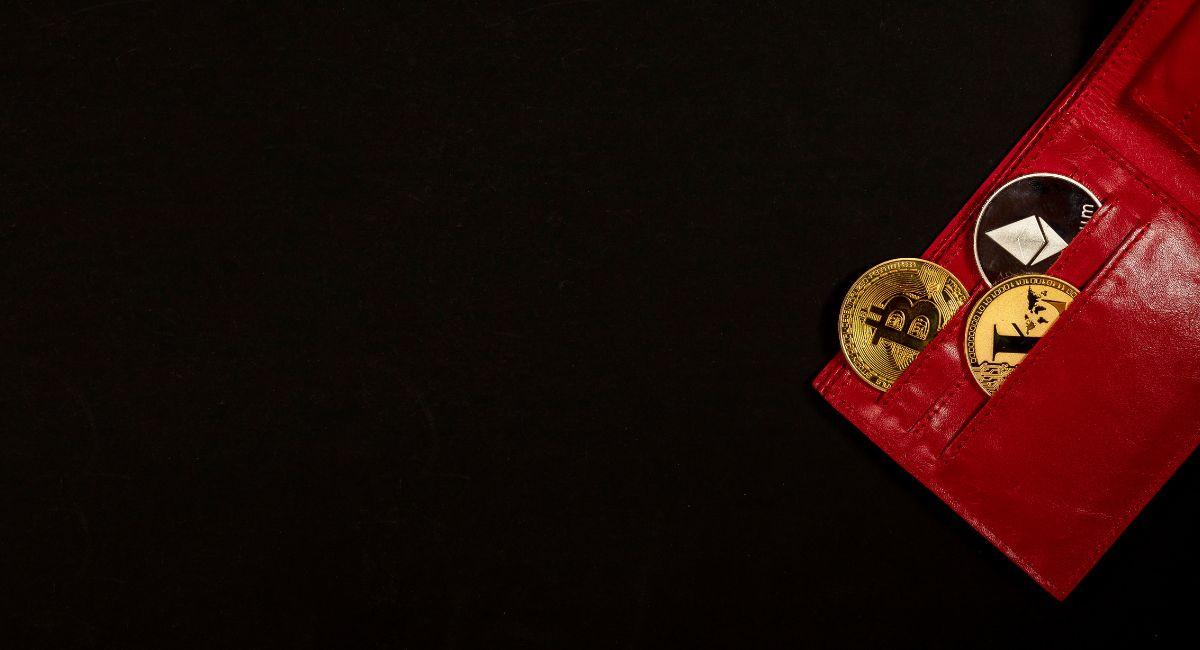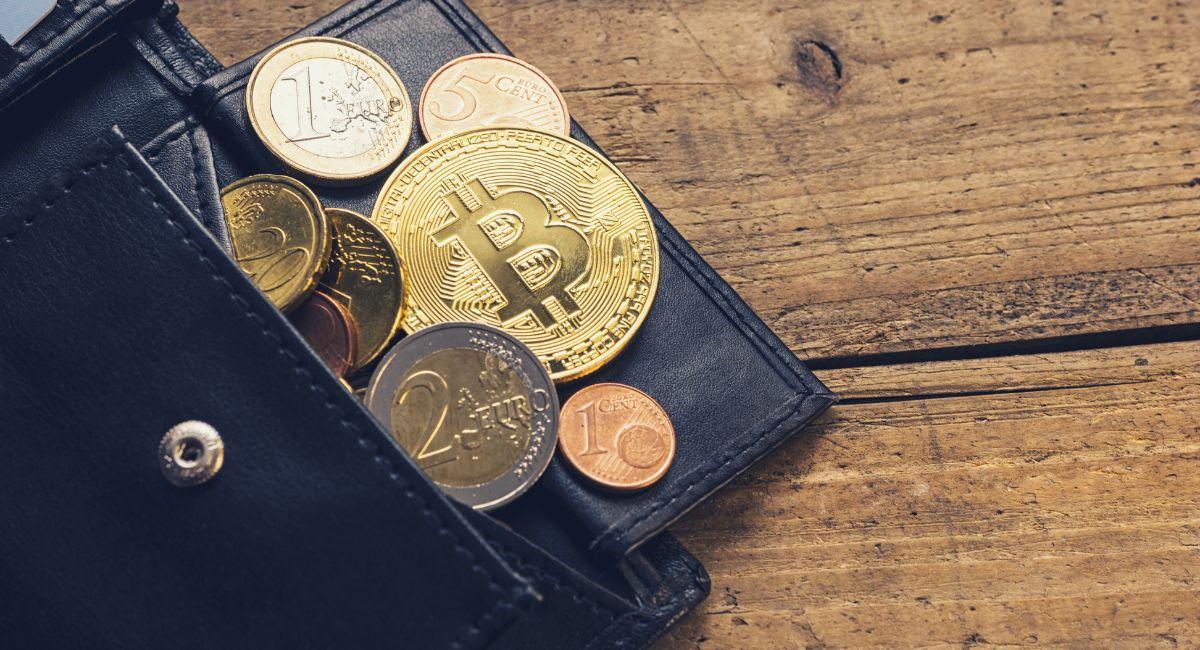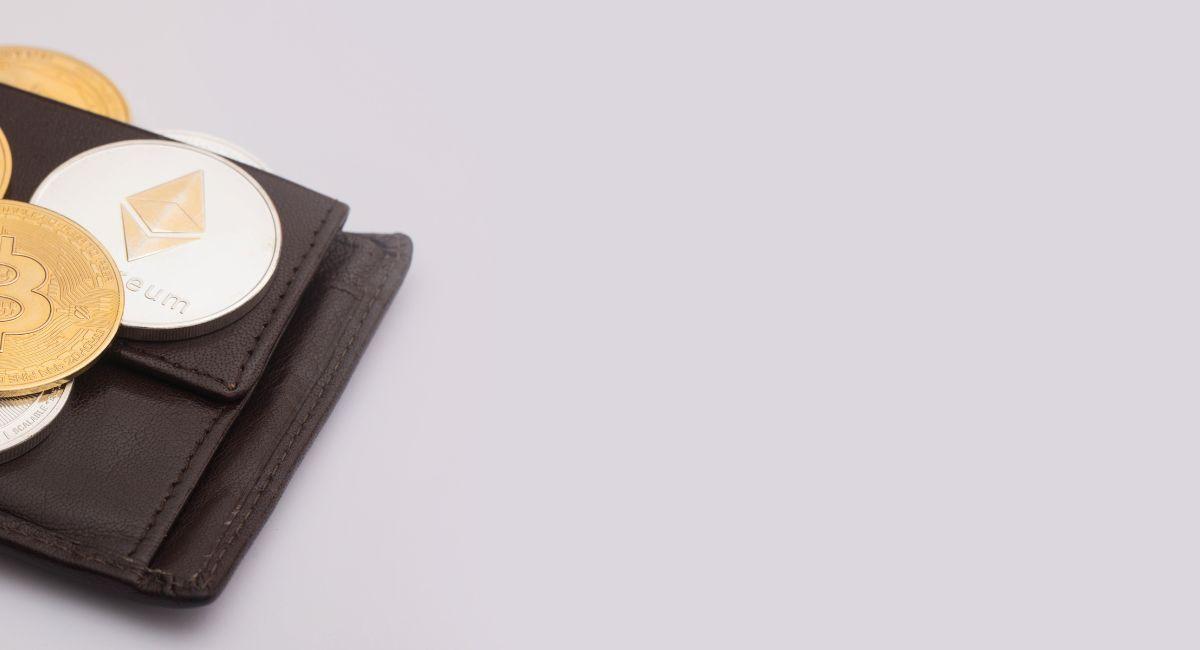Top 5 Decentralized Crypto Wallets For Beginners In 2024
Decentralized crypto wallets, also known as non-custodial wallets, are digital tools designed to store and manage cryptocurrencies without relying on a central authority or third-party service. In the traditional financial system, individuals typically store their money in banks or financial institutions, trusting them to safeguard their funds. In contrast, a decentralized wallet operates on the principles of blockchain technology and cryptographic security, providing users with direct control over their digital assets.
Key Characteristics of Decentralized Crypto Wallets:
- User Control:
- Private Keys: One of the fundamental aspects of a decentralized crypto wallet is the ownership of private keys. These keys are cryptographic codes that grant access to the ownership and control of the associated cryptocurrencies. Unlike centralized wallets or exchanges, where the platform holds the private keys, decentralized wallets empower users to exclusively possess and manage these keys.
- Blockchain Technology:
- Distributed Ledger: Decentralized wallets leverage blockchain technology, which is a distributed ledger that records all transactions across a network of computers. The decentralized nature of the blockchain ensures that no single entity has full control over the entire network, enhancing security and reducing the risk of manipulation.
- Security Measures:
- Encryption: To protect user data and transactions, decentralized wallets implement advanced cryptographic techniques. Private keys and sensitive information are encrypted, adding an extra layer of security against unauthorized access.
- Backup Phrases: Users are often provided with backup phrases, consisting of a series of words, to recover their wallet in case of loss or device failure. This ensures that even if a device is lost or damaged, the funds can be retrieved using the backup.
- Multi-Currency Support:
- Interoperability: Decentralized wallets are designed to support various cryptocurrencies, promoting interoperability within the crypto ecosystem. Users can manage multiple digital assets within a single wallet, offering convenience and flexibility.
- No Third-Party Control:
- Non-Custodial Nature: Unlike centralized exchanges or wallets where users trust a third party with their funds, decentralized wallets are non-custodial. This means that users have complete control and ownership of their cryptocurrencies, reducing the risk of hacks or mismanagement by a centralized entity.
- Access to DeFi:
- Interaction with Decentralized Finance (DeFi): Many decentralized wallets allow users to interact with decentralized finance applications (DeFi). Users can participate in activities such as lending, borrowing, staking, and decentralized trading directly from their wallets, without the need for an intermediary.
Types of Decentralized Wallets:

- Software Wallets:
- Mobile Apps: These are wallet applications that users can download and install on their mobile devices, providing easy access to their cryptocurrencies on the go.
- Desktop Applications: Software wallets for desktop computers offer a more extensive range of features and capabilities, catering to users who prefer managing their assets on a laptop or PC.
- Hardware Wallets:
- Physical Devices: Hardware wallets are specialized devices designed solely for the purpose of securely storing private keys offline. They provide an additional layer of security by keeping the keys away from potential online threats.
- Paper Wallets:
- Printed or Written Documentation: A paper wallet involves generating and printing or writing down the public and private keys on paper. It is a form of cold storage, providing an offline option for storing cryptocurrencies.
- Browser Extensions:
- Web-Based Extensions: Some wallets operate as browser extensions, integrating with web browsers to facilitate seamless interactions with blockchain-based applications and websites.
🚨CRYPTO REVIEW – $AIPG 🚨$AIPG – The revolutionary PoUW platform providing open access to decentralized AI. 💎
👇Available nowhttps://t.co/QpkiiouYCE pic.twitter.com/AHGYXh5kbn
— CryptoReviewing (@CryptoReviewing) January 4, 2024
Stay informed with daily updates from Blockchain Magazine on Google News. Click here to follow us and mark as favorite: [Blockchain Magazine on Google News].
Get Blockchain Insights In Inbox
Stay ahead of the curve with expert analysis and market updates.
latest from tech
Disclaimer: Any post shared by a third-party agency are sponsored and Blockchain Magazine has no views on any such posts. The views and opinions expressed in this post are those of the clients and do not necessarily reflect the official policy or position of Blockchain Magazine. The information provided in this post is for informational purposes only and should not be considered as financial, investment, or professional advice. Blockchain Magazine does not endorse or promote any specific products, services, or companies mentioned in this posts. Readers are encouraged to conduct their own research and consult with a qualified professional before making any financial decisions. The featured image used is just a creative depiction of the title and it does not intend to hurt sentiments of any person or institution. If it hurts anyone sentiments, please do not hesitate to reach out to Blockchain Magazine.

 Bitcoin
Bitcoin  Ethereum
Ethereum  XRP
XRP  Tether
Tether  Solana
Solana  Dogecoin
Dogecoin  USDC
USDC  Cardano
Cardano  Lido Staked Ether
Lido Staked Ether  TRON
TRON  Chainlink
Chainlink  Avalanche
Avalanche  Sui
Sui  Wrapped stETH
Wrapped stETH  Wrapped Bitcoin
Wrapped Bitcoin  Stellar
Stellar  Toncoin
Toncoin  Hedera
Hedera  Shiba Inu
Shiba Inu  WETH
WETH  Polkadot
Polkadot  LEO Token
LEO Token  Bitcoin Cash
Bitcoin Cash  Hyperliquid
Hyperliquid  Litecoin
Litecoin  Bitget Token
Bitget Token  Official Trump
Official Trump  Uniswap
Uniswap  Pepe
Pepe  Wrapped eETH
Wrapped eETH  USDS
USDS  NEAR Protocol
NEAR Protocol  Ethena USDe
Ethena USDe  Aave
Aave  Aptos
Aptos  Internet Computer
Internet Computer  Ondo
Ondo  WhiteBIT Coin
WhiteBIT Coin  Ethereum Classic
Ethereum Classic  Monero
Monero  Cronos
Cronos  Mantle
Mantle  POL (ex-MATIC)
POL (ex-MATIC)  Render
Render  Dai
Dai  Bittensor
Bittensor  Algorand
Algorand  OKB
OKB 




